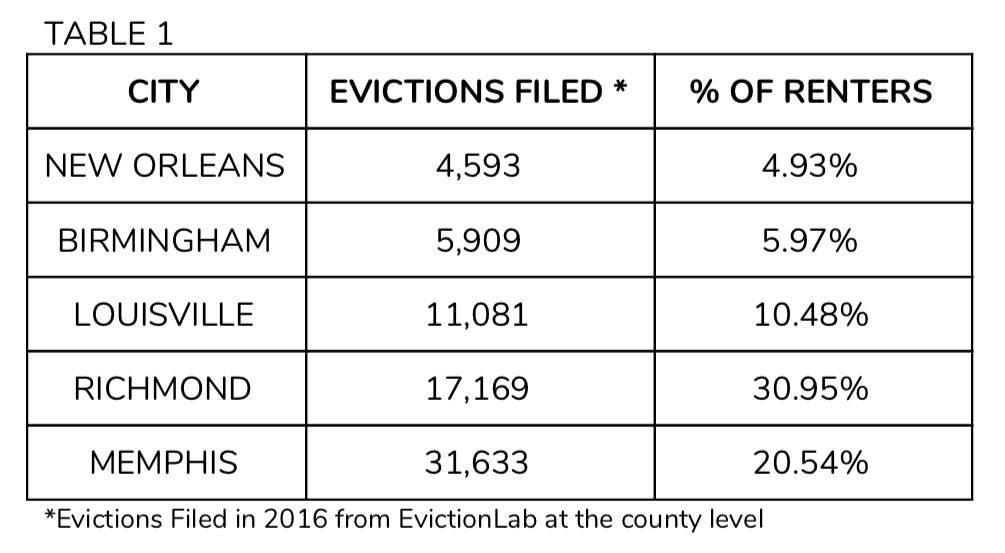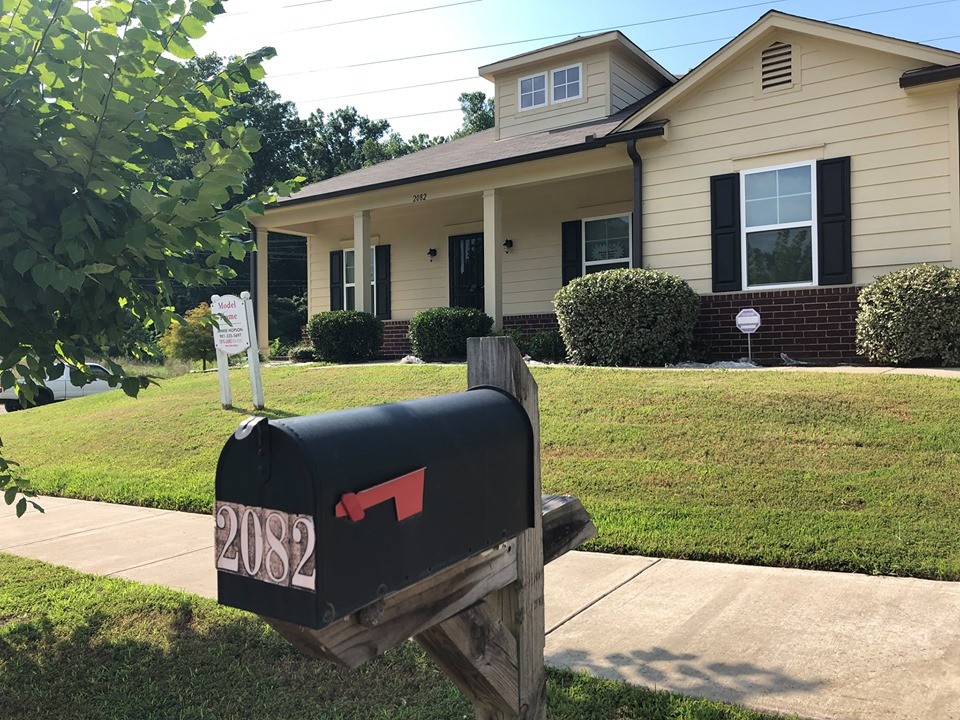If you’ve been thinking of buying a home, you’re likely aware of how volatile the housing market has been over the last few years. From soaring home prices during the Covid pandemic to rapidly rising interest rates and competitive bidding wars over new listings, it’s been a challenging time to enter the housing market.
So, when, if ever, is a good time to buy a house? The answer depends primarily on your personal financial situation and future goals. Following are some important considerations that can help you determine the right time to buy a house.
1. Long-term plans
Are you ready to commit to your current location for the long term? If you foresee a move in the near future, now may not be the right time to buy a home. It’s wise to approach a home purchase as a long-term commitment for several reasons.
• Commissions and closing costs — Because you pay real estate commissions and mortgage closing costs each time you buy or sell a home, it’s wise to put off buying until you’re relatively sure you won’t be moving anytime soon.
• Capital gains taxes — If your home appreciates in value and you sell it within two years of buying it, you may be subject to significant capital gains taxes.
• Appreciation — If you sell before your home has a chance to appreciate in value, you may not have enough equity to cover the costs of selling and buying a new home.
2. Mortgage rates and market conditions
As of October 27, 2023, the average rate for a 30-year fixed mortgage is 8.09 percent. That equates to a $2,590 monthly payment if you borrow $350,000 for your home purchase. Whatever the price of your desired home, it’s important to ensure you’re comfortable making your monthly payment over the long term.
Deciding on the timing of your home purchase depends a lot on your local housing market, as real estate conditions vary widely between different cities. It’s important to consider both market values and inventory to determine whether now’s a good time to buy in your location.
3. Down payment and closing costs
Before buying a home, it’s important to ensure you have enough assets for a down payment, mortgage closing costs, moving expenses, any necessary renovations, furniture, etc. While each mortgage lender has different down payment requirements, the more you put down, the lower your monthly payment will be.
4. Savings
Homeownership is a big financial responsibility. Before purchasing a home, make sure you have adequate emergency savings to cover unexpected home expenses, such as a new furnace or roof. It’s wise to have at least three to six months of living expenses saved in a semi-liquid account for easy access. Before purchasing a home, be sure to recalculate your monthly expenses to include the monthly costs of owning your home, and save enough in your emergency fund to cover these expenses.
5. Debt
When determining whether you’re eligible for a mortgage, lenders typically look at your debt-to-income ratio (DTI). This is the percentage of your monthly gross income that you can reasonably put toward your mortgage payment. It includes factors such as housing costs, student loan balances, credit card debt, and other types of debt. Most lenders prefer borrowers have a DTI of less than 36 percent, but the lower your DTI, the better chance you have of being approved for a favorable interest rate.
If you have significant outstanding debt, now may not be a great time to purchase a home. Focus on paying off that debt to put yourself in a better financial position.
6. Credit score
Before purchasing a home, it’s also important to make sure you have a strong credit score. Lenders typically offer better mortgage rates to borrowers with credit scores of 740 or greater. Although you may be approved for a mortgage with a lower score, you’ll likely need to pay a higher interest rate. If you have a low credit score, it may make sense to wait on your home purchase until you can boost your credit.
Gene Gard, CFA, CFP®, CFT-I™, is a Private Wealth Manager and Partner with Creative Planning. Creative Planning is one of the nation’s largest registered investment advisory firms providing comprehensive wealth management services to ensure all elements of a client’s financial life are working together, including investments, taxes, estate planning, and risk management. For more information or to request a free, no-obligation consultation, visit CreativePlanning.com.


 United Housing/Facebook
United Housing/Facebook 
 United Housing/Facebook
United Housing/Facebook